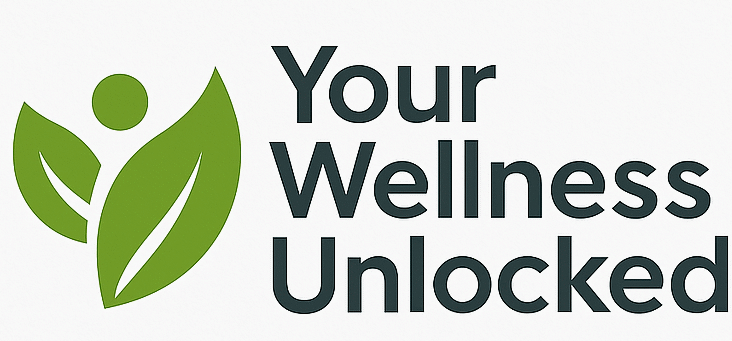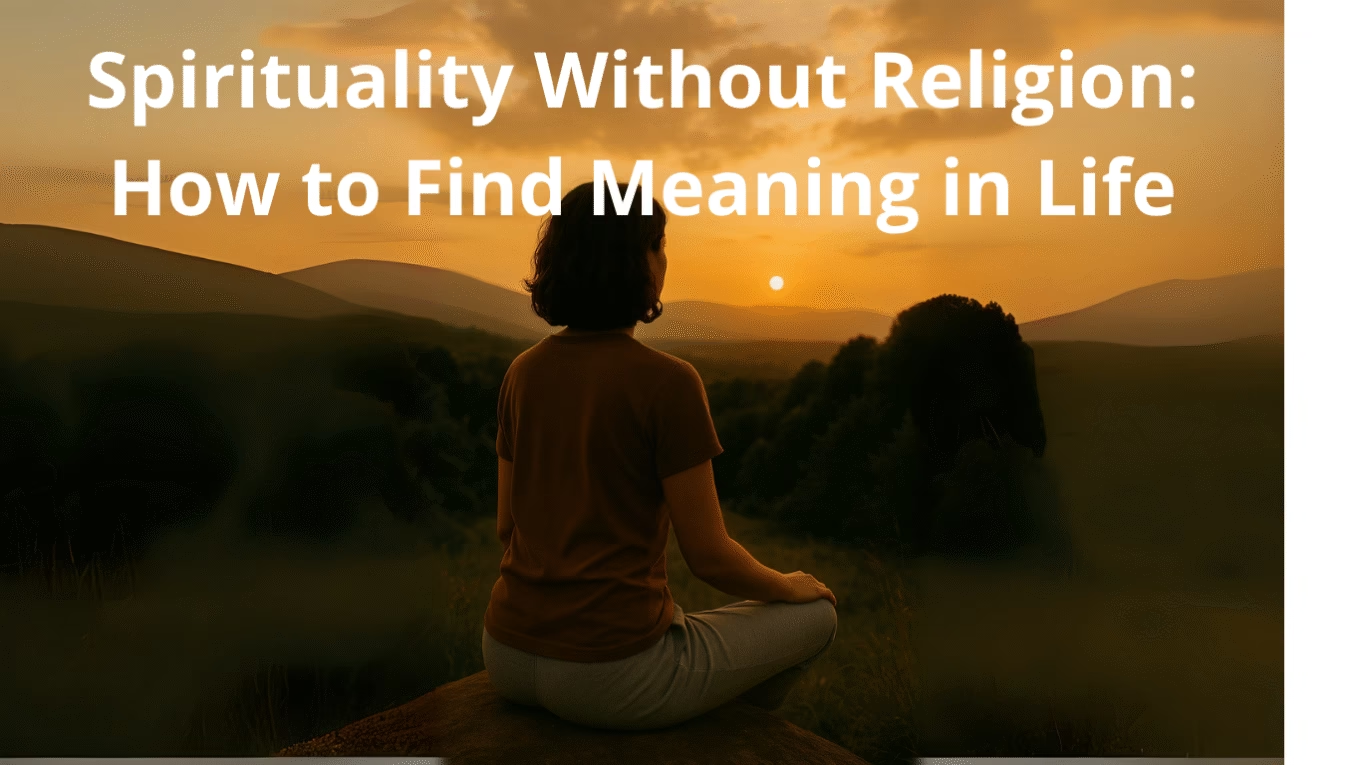Spirituality Without Religion: How to Find Meaning in Life
You don’t need to follow a religion to live with purpose and emotional balance. Spirituality without religion is attracting more and more people who are searching for a more conscious, meaningful, and connected life—without dogma or imposed rules.
In this article, we explore how philosophies like stoicism and secular Buddhism help guide this journey, the powerful connection between life purpose and mental health, and spiritual practices that anyone can apply in daily life.
Stoicism and Secular Buddhism: Ancient Wisdom for Modern Life
For those who seek spirituality without religion, two of the most popular paths are stoicism and secular Buddhism.
Stoicism teaches us to focus only on what we can control: our thoughts, actions, and reactions. It proposes that virtue, reason, and resilience are the keys to a meaningful life. Practices like journaling, morning reflection, and acceptance exercises bring this philosophy to life.
Secular Buddhism offers a more contemplative, mindfulness-based approach, free from metaphysical beliefs. It emphasizes present-moment awareness, compassion, and self-knowledge as ways to reduce suffering and live more fully.
Both philosophies show that a deep spiritual life is possible without following any particular religious tradition.
Life Purpose and Mental Health: The Invisible Connection
Scientific studies show that people with a strong sense of purpose experience lower levels of anxiety, depression, and stress. The link between life purpose and mental health is becoming increasingly clear in modern psychology.
A study published in Frontiers in Psychology found that spirituality—even without religion—is positively linked to psychological well-being, partially mediated by healthy behaviors like sleep quality and physical activity (source).
Living with purpose doesn’t mean changing the world. It might mean caring for someone, learning something new, helping others, or simply evolving as a person. This sense of meaning anchors us during difficult times and makes everyday life more fulfilling.
Spiritual Practices for the Non-Religious
you feel a deep inner longing for something greater—but don’t identify with organized religion—there are many spiritual practices that are simple, profound, and accessible:
Mindful meditation: Just a few minutes a day can help reduce anxiety and increase clarity.
Nature connection: Walking outdoors, observing the sky, or simply being present with the earth.
Reflective journaling: Writing down your thoughts and emotions helps bring awareness and insight.
Acts of compassion: Helping someone, even anonymously, creates a real sense of human connection.
Intentional solitude: Quiet time alone can be deeply healing and transformative.
Conclusion
Spirituality without religion is a powerful and legitimate path. It shows us that meaning, emotional balance, and a connection to something greater are fully possible without rigid doctrines. With ancient wisdom and simple daily practices, anyone can build a spiritual life rooted in purpose, presence, and personal growth.
💡 Want to Go Deeper?
If you’re curious about how meditation can reshape your brain, reduce stress, and enhance your overall well-being, don’t miss this next read:
👉 The Science of Meditation: How It Rewires Your Brain and Boosts Your Health

